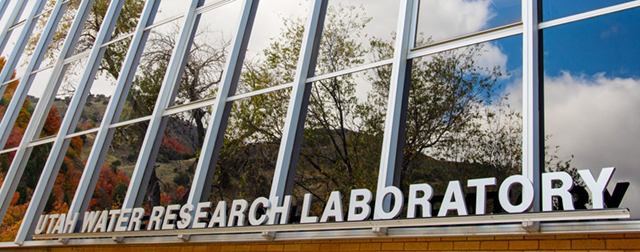Document Type
Report
Publication Date
1-1-1982
Abstract
Sulfur is recognized as one of the essential elements for plant growth. It has also been used in agriculture for reclamation of saline and sodic soils. During the reclamation process there is the potential benefit of increased availability of phosphorus and certain micro-nutrients for plant uptake. There is also potential for increased infiltration thus increasing water utilization efficiency.
Sulfur has been applied to soils in a flake or nodule form, by the addition of sulfuric acid and most recently by the application of sulfurous acid. The raw sulfur addition technique is accomplished by spreading raw sulfur on the soil and under the appropriate temperature, soil moisture, pH and aerobic conditions, microorganisms oxidize the sulfur to sulfate. This process is rather slow except under some very limited optimal conditions. Sulfuric acid has been used under a variety of conditions but seems to be limited due to its hazardous nature and corrosive properties. The sulfurous acid technique seems to have the most promising future as the best and most appropriate technique of sulfur addition. Raw sulfur is burned on site and administered into the irrigation water as needed according to the soil, water and crop conditions.
This project was initiated to evaluate the application and beneficial effects of sulfurous acid (using an International Environmental Inc. Model 150 sulfur burner) to an alkaline soil using barley as the test crop.
Recommended Citation
Adams, V. Dean and Criddle, Craig S., "Sprinkler Application of SO2 - Treated Groundwater at the Sandarosa Farm, Snowville, Utah" (1982). Reports. Paper 656.
https://digitalcommons.usu.edu/water_rep/656


